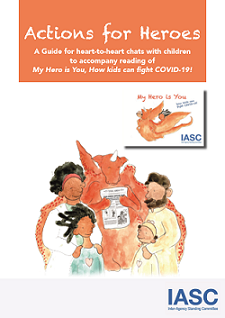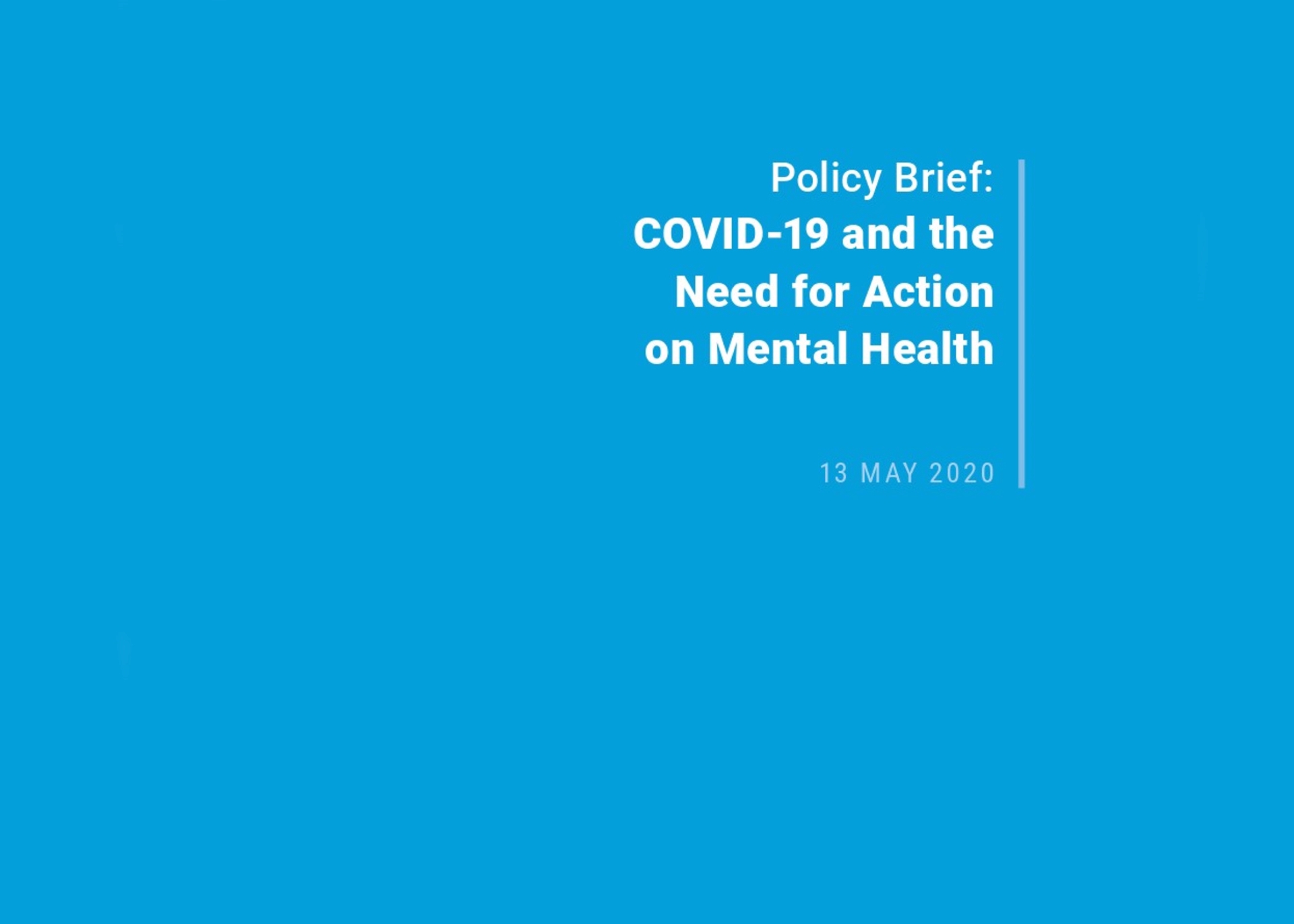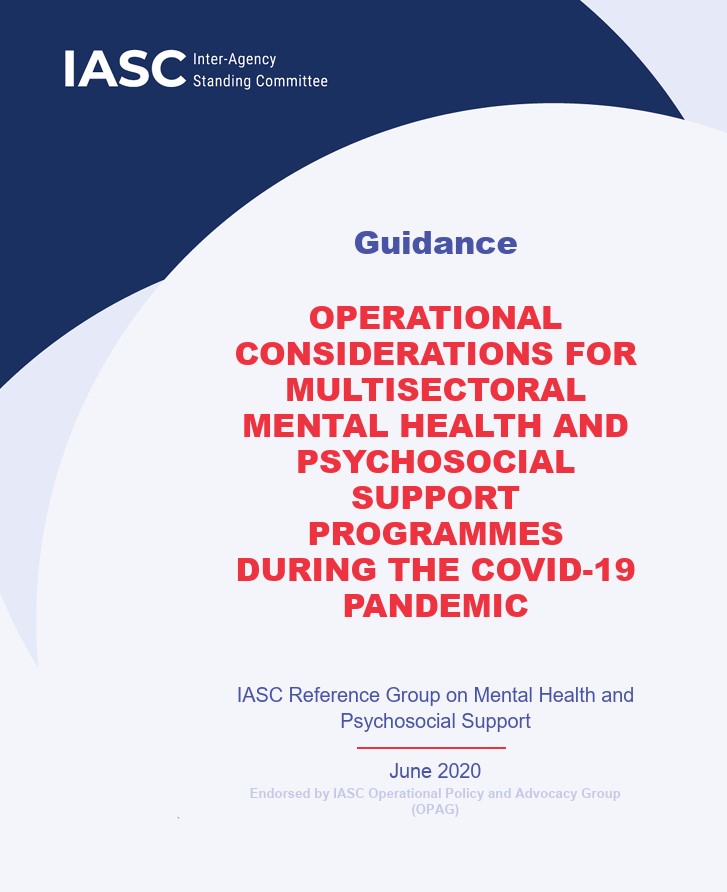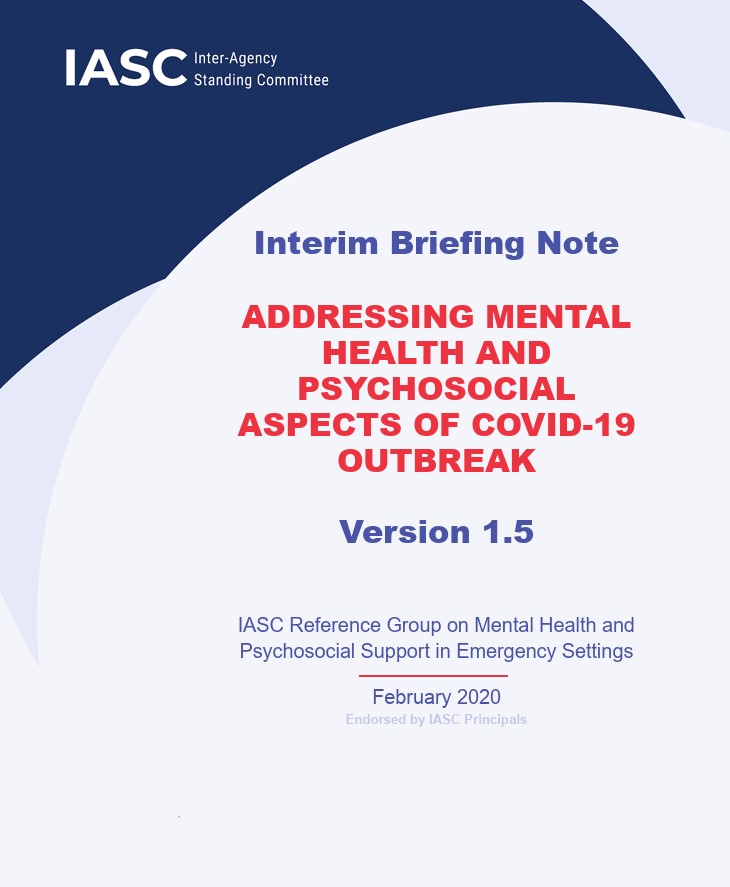Mental health and public health emergencies
Fear, worry, and stress are normal responses to perceived or real threats, and at times when we are faced with uncertainty or the unknown. It is therefore natural and understandable that people experience fear in the context of public health emergencies, including infectious disease outbreaks such as Ebola, Zika, and mpox, as well as global pandemics such as COVID-19.
Beyond the fear of contracting disease, these crises can cause significant disruptions to daily life as movements may be restricted in support of efforts to contain and slow transmission. Faced with new realities such as temporary unemployment, school closures, working from home, and reduced physical contact with family, friends, and colleagues, it is vital that we look after our mental as well as our physical health.
Each emergency also has its own mental health impacts: Ebola outbreaks have been associated with stigma, grief, and profound psychological distress in affected communities; Zika raised intense anxiety among pregnant women and families due to risks of congenital anomalies; and mpox has generated fear, social isolation, and discrimination, particularly among already vulnerable groups.
CBRN (chemical, biological, radiological, and nuclear) emergencies also carry severe psychosocial consequences. Fear of invisible exposure, stigma, and mistrust can spread widely, often faster than the hazard itself. Survivors and responders alike may face long-term psychological distress due to uncertainty, displacement, and the disruption of social ties.
WHO, together with partners, provides guidance and advice during such public health emergencies for health workers, managers of health facilities, parents and caregivers, older adults, people in isolation or quarantine, and members of the public more generally — to help everyone safeguard their mental health.
Further materials, activities and updates relating to mental health during public health emergencies will be added to this page as they become available.News
All →For the general public

Actions for Heroes, a guide for heart-to-heart chats with children to accompany reading of My Hero is you, How kids can fight COVID-19
Publications
Facilitation manual: psychological first aid during Ebola virus disease outbreaks,...
A framework for mental health and psychosocial support in radiological and nuclear emergencies
The health impact of radiological and nuclear emergencies can last for decades. Lessons learned from past radiological and nuclear accidents have demonstrated...
Psychosocial support for pregnant women and for families with microcephaly and other neurological complications...
On 1 February 2016 WHO announced that a cluster of microcephaly and other neurologic disorders reported in Brazil is a Public Health Emergency of International...
Advice
WHO-supported publications
The Inter-Agency Steering Committee Reference Group on Mental Health and Psychosocial Support in Emergency Settings was established in 2007 to plan, establish and coordinate multisectoral responses to protect and improve people’s mental health and psychosocial well-being in humanitarian emergency situations. It is a collaboration between the UN, other international agencies, nongovernmental organizations and academies and is co-chaired by WHO and the International Federation for Red Cross and Red Crescent Societies.

/mental-health-and-substance-use-(msd)/my-hero-is-you.jpg?sfvrsn=e9c00c4f_3)
.jpg?sfvrsn=4dacf575_0)
/mental-health-and-substance-use-(msd)/mental-health-(mhe)/mental-health-and-psychosocial-support0e65cbd7-dc1f-4236-8a0f-d2d6bb327b42.jpg?sfvrsn=37afaf2b_3)


